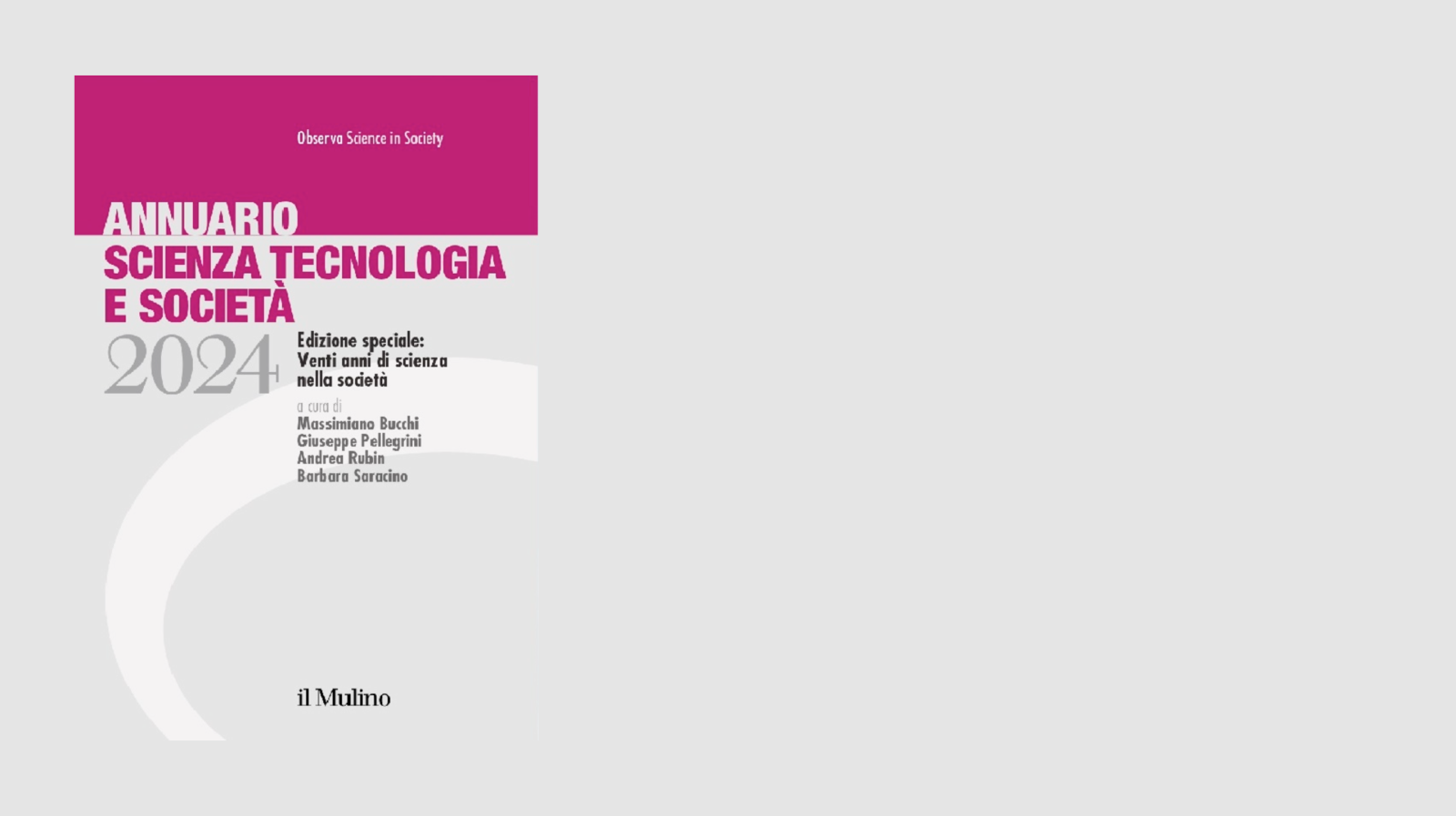The Enterprise Europe Network, of which the University of Roma Tor Vergata is a member, organizes EEN Biotech and Bioeconomy Partnering Event – IFIB 2013 (Naples, October 22nd-23rd 2013).
The international event is part of the workshop Italian Forum on Industrial Biotechnology and Bioeconomy (IFIB) 2013, organized by Assobiotec (Italian Association for the development of biotechnologies), in collaboration with Innovhub – SSI, Italian Biocatalysis Center and the Chamber of Commerce, Industry, Craftmanship and Agricolture of Naples.
- IFIB 2013 aims to identify research projects in the field of industrial biotechnology in order to strengthen the Euro-Mediterranean network and the industry-university partnerships (for information: www.assobiotec.federchimica.it).
- EEN Biotech and Bioeconomy Partnering Event will encourage the dialogue between potential partners during predetermined individual meetings, with the aim of fostering new collaboration opportunities in range of commerce, technology transfer and research (for information: http://www.parcoscientifico.eu/node/541, for registration: http://www.b2match.eu/ifib2013).
Fields of interests: Industrial biotechnologies, including biocatalysts; environmental technologies; energy and biofuels; pharmaceutics; chemicals; food farming; marine biotechnologies.
Both the events are free of charge. For any information, send a mail to: [email protected]

